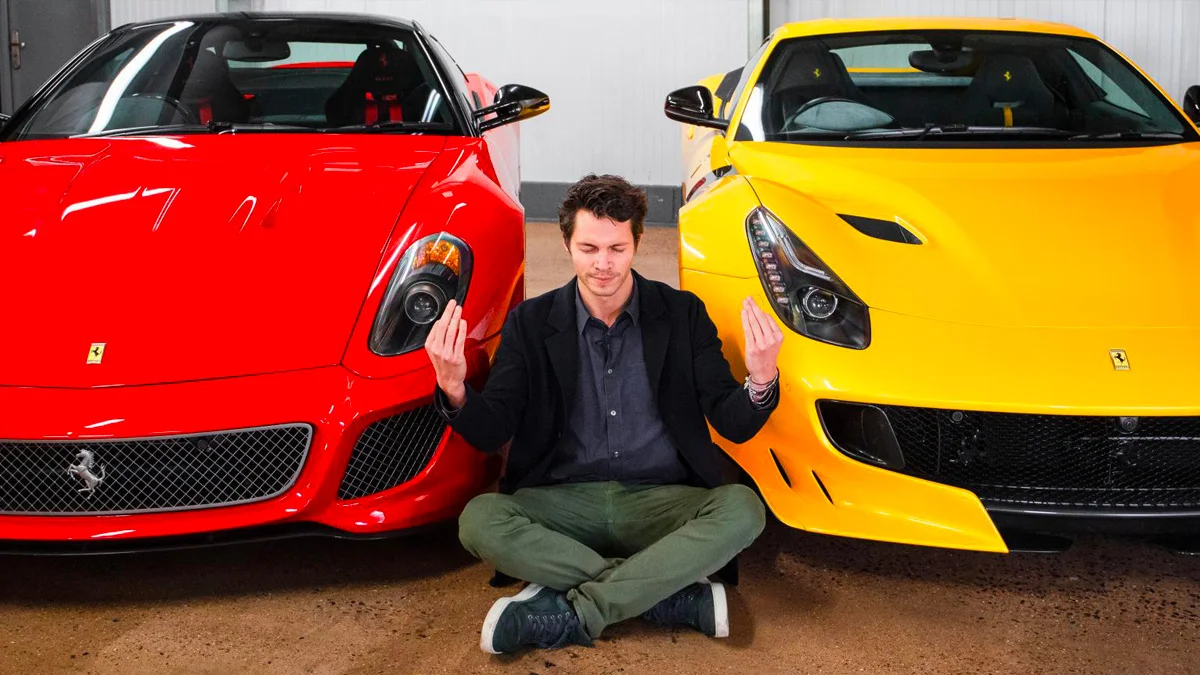
“I started life selling cars and still do it today. But I’m not alone anymore,” says Paul Jaconelli, founder of Romans International Limited, based in Surrey. “My son Tom joined us some years back. He is the next generation of Jaconelli to take Romans to the next level. It takes generations to build a pedigree brand!”
Tom should know how to buy and sell high-performance car brands that carry generations-old heritages. Pausing for breath after a significant capital investment, the baton is handed to him to take Romans to its next level of growth. And he will need to convince his father of what that next act should be. The Jaconellis, synonymous with trust and integrity in the luxury car market, are ready for the challenge.
Driving trust and legacy
“I’ve always loved cars and used to sell Suzukis, Alfas, and Renaults. After selling that dealership, I started Romans International in 1994. Buy a car, sell a car, buy two cars, and so on. It’s a capital-intensive business,” says Paul. “Tom joined in 2011 and runs the buying side.”
“We live and die by how we buy,” Tom adds. “Every car we are offered is evaluated against a Romans standard that creates a curated, high-end experience. Our brand and reputation are generated from that experience.”
In this business, trust is not just a concept—it's currency. A rigorous checklist, developed over the years, ensures the quality of any car bought meets the expectations of its marque, be it a Ferrari, Bugatti, or Aston Martin. Access to quality stock and certainty of pedigree and condition are vital. Each successful sale builds trust, while a single disappointment can damage it.
Trust is like water and takes time to build. The ‘trust bucket’ is filled drop by drop and emptied all at once. With over 60 per cent of transactions coming from current customers, the trust bucket continues to fill. “We recently sold a car to a customer in Dubai,” Paul notes. “He said our brand is older than Dubai, and the trust we offer, despite the logistics costs, helps him sleep well, knowing he’s invested wisely.”
Paul continues, “At any point in time, we have 100 cars on the floor and sell between 40 to 50 monthly.” Scaling this business poses many challenges. “We had a small showroom and then bought the pub next door and the pizza store next to it, too.”
The capital investment is compounded by requiring a showroom built to match the spec that marries and matches the design spec of the cars they sell. “Then we buy cars,” he says. “We buy them outright as one would stock and sell them outright.” As each transaction is concluded, the customer rates their experience, adding another drop to their brand bucket.
Where are we five years from now?
“What will Romans Look like five years from now?” I asked the Jaconellis. Paul drew back slightly, weary of the relentless capital investment it has taken to build the business. Tom leans forward ever so slightly. I could see that he had ideas. “We are doing well,” says Paul.” Let’s recover some of the capital we have invested and then it’s up to Tom as the next generation in the business.”
“We either go for a volume play or a quality play,” says Tom. “For example, creating a division in the business that doubles down on the Land Rover marque. There is volume there, and it can increase the velocity of trade. A quality play would mean doubling down on the premium top-end high-performance cars. There is less volume, and we are built to service this market exceptionally well.”
Tom suddenly sits back. “But right now, I am run off my feet doing the buying, and, as mentioned earlier, we live and die by how we buy.”
Where is it going right?
It would be a shame not to leverage the years of careful, considered investment in creating Romans International. The foundation upon which growth can be gotten is deep. Alongside trust earned through a curated customer experience on the buying and selling side, they have the wisdom, nous and knowledge of the founder generation alongside the vibrancy, energy and ambition of the next generation. Navigating the future, this family business must combine both.
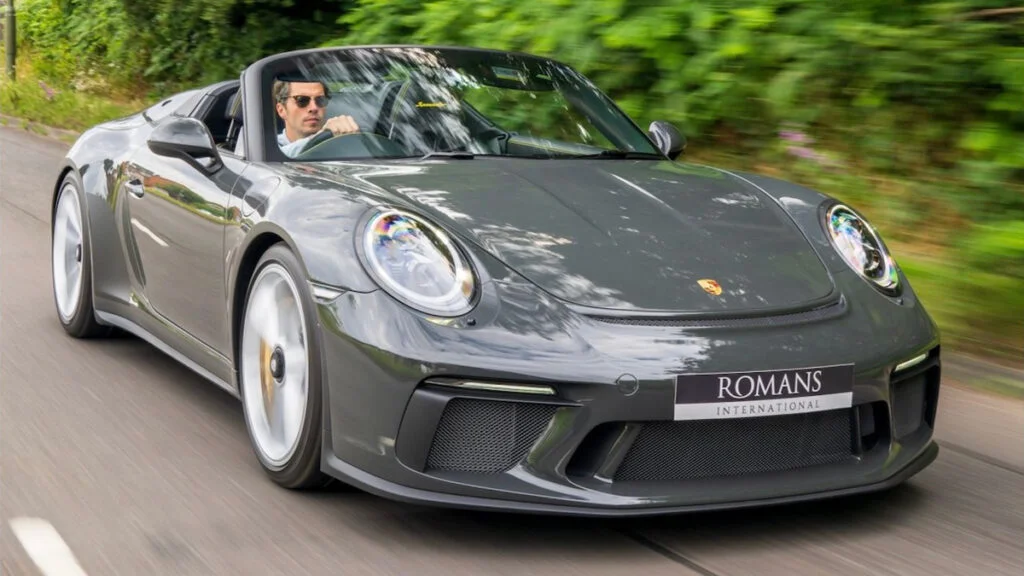
There are many opportunities, and there are clues and cues. Let's consider a few:
1. Lift and drop
Architecting the buying and selling experience, as the Jaconelli’s have, and then patiently decoding them into processes that govern the commercial operations creates real opportunities. First, it releases time from operational activities. That time can be used to consider and lead future growth.
It allows for replicating the Romans's experience in new locations and markets. For example, the migration of UK residents into Singapore and Dubai is already opening the doors to Romans International's viable presence in each market, with buyers and sellers already familiar with the brand and the trust it offers.
2. Grow the segment
There is no such thing as a luxury, discretionary market. Everything bought solves a conscious or unconscious problem. Understanding the problem, how it comes about, and the cost of not solving it takes you to the heart of the customer experience. Paul mentioned that several customers buy several cars a year. They are collectors and investors.
Developing a service that includes a facility to have the vehicles safely stored and cared for with quarterly investment reports that offer insights into each vehicle's asset value as an alternative asset class is an exciting opportunity. It adds to the Romans brand and increases activity across buying and selling. It also adds an annual and monthly revenue stream to an event-based revenue business.
3. Value adds
Many offer low-hanging fruit. With insurance currently provided through a referral programme, Romans International could invest in a cell captive offering bespoke insurance and enjoying its value. Funding options are equally likely through innovative joint ventures.
Truth is found in action, and action develops trust between parties. Spoilt for choice, whichever option the Jaconelli’s opt for, testing and creating the value must draw on the hard-won heritage their premium pedigree has become synonymous with.
Choose one and build it step by step, drawing on the wisdom of the old and the energy of the young. Success here will create a legacy for the business brand, akin to the pedigree of the vehicles they buy and sell.
Growth Engines showcases remarkable yet frequently under-recognised business owners who collectively form the basis of our economic engine and whose entrepreneurial fortitude creates a more inclusive and prosperous Britain. It shares their journey, highlighting hard-earned insights and lessons on overcoming challenges and driving business growth.
Its creator, Pavlo Phitidis, is a founder of Aurik, a business scale and growth execution platform for established business owners. He also speaks internationally and authored two books: Sweat, Scale Sell: Build Your Business into an Asset of Value and Reset, Rebuild, Reignite: Turning Crisis into Opportunity
Related and recommended
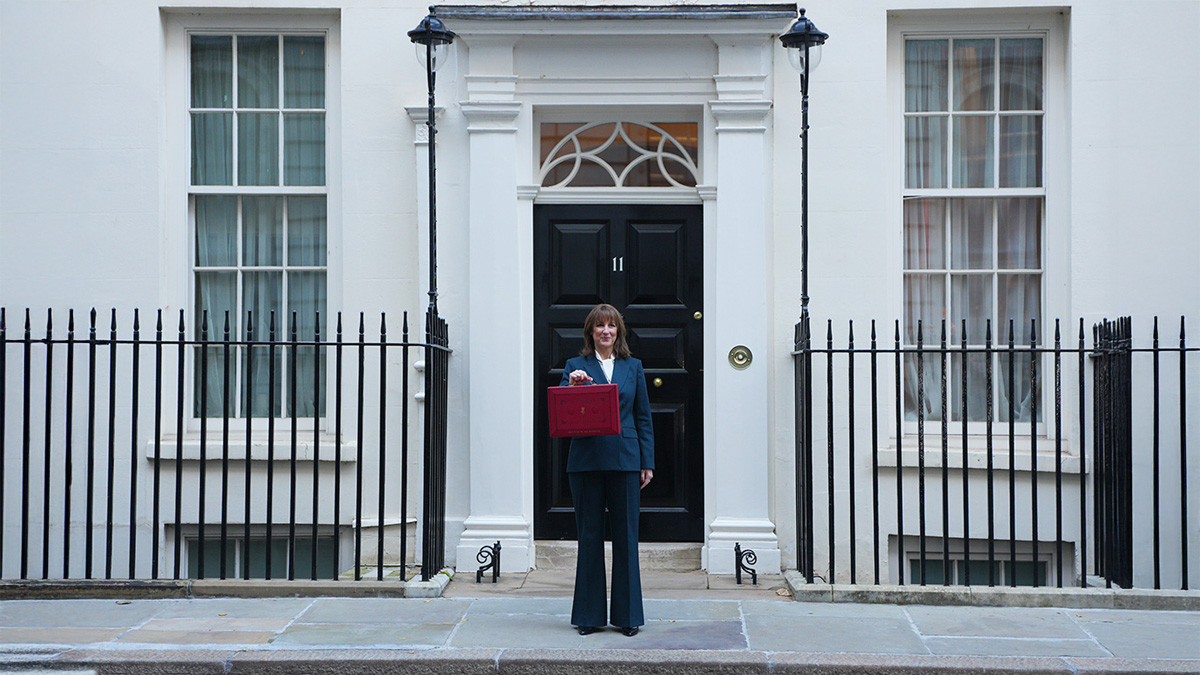
The prime minister and chancellor may be safe for now but Cabinet ministers believe it’s a case of when, not if, they fall
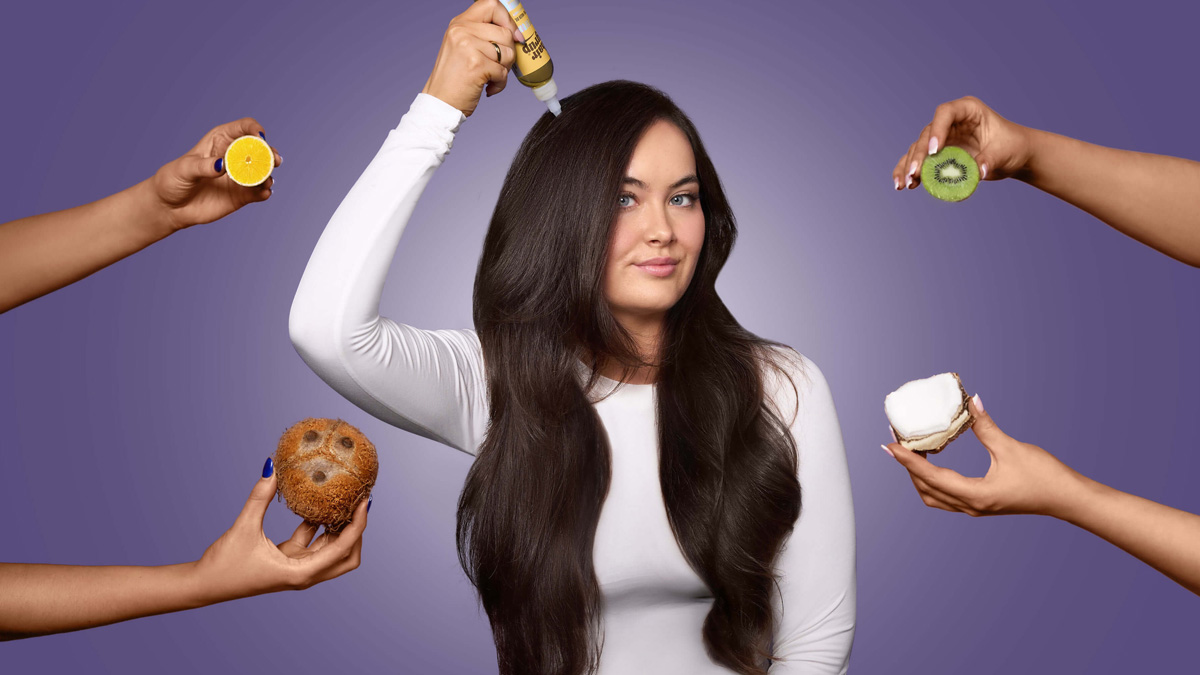
After creating her own hair oil blends as a student, Lucie Macloud grew Hair Syrup into a multi-million pound business that she’s now expanding into Europe and the US
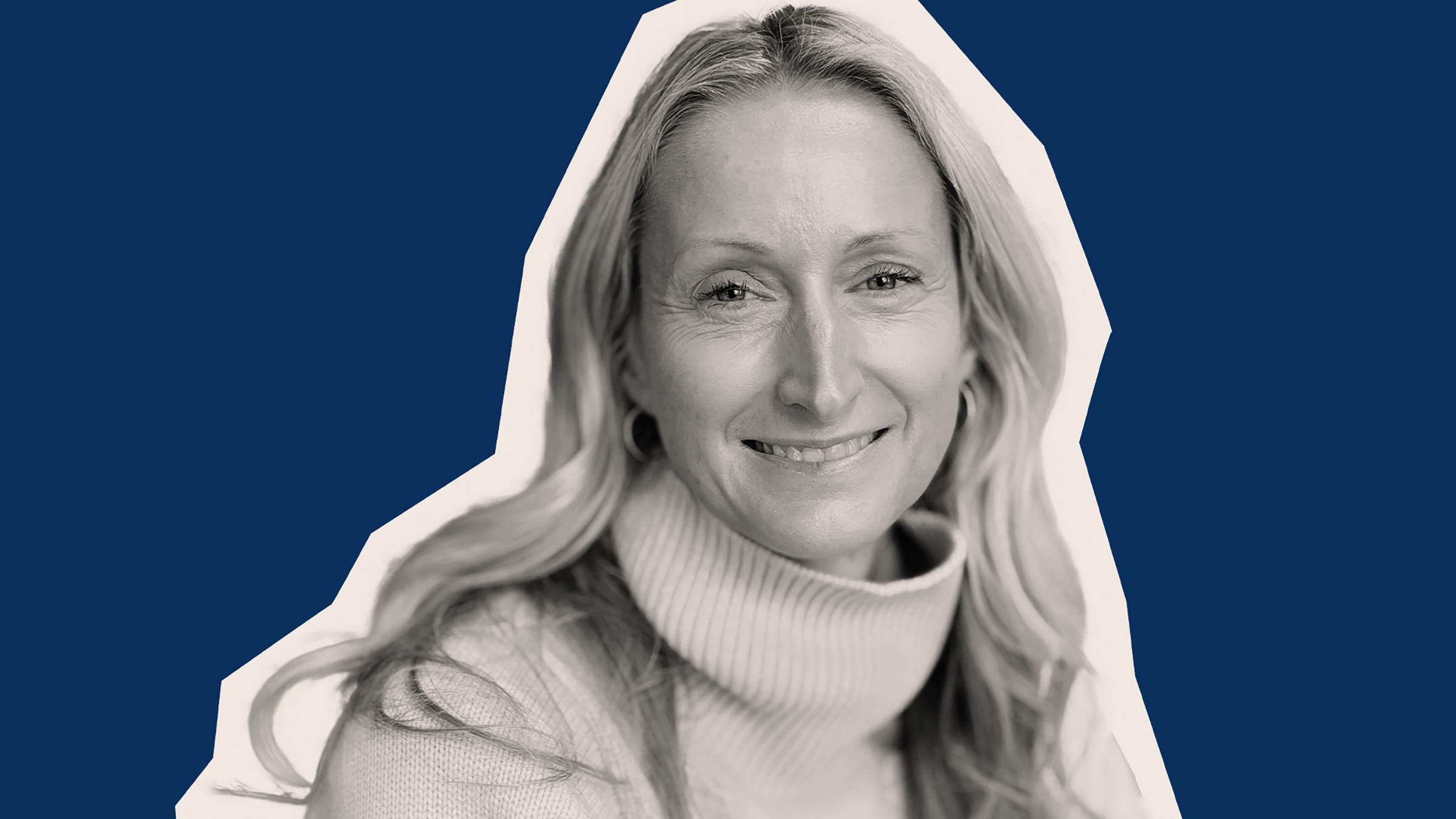
Thea Green, one of the UK’s most successful entrepreneurs in the beauty and self-care space, shares her advice

Nick Grey's story is a tale of grit, design obsession and the strategic choices behind sustainable success

